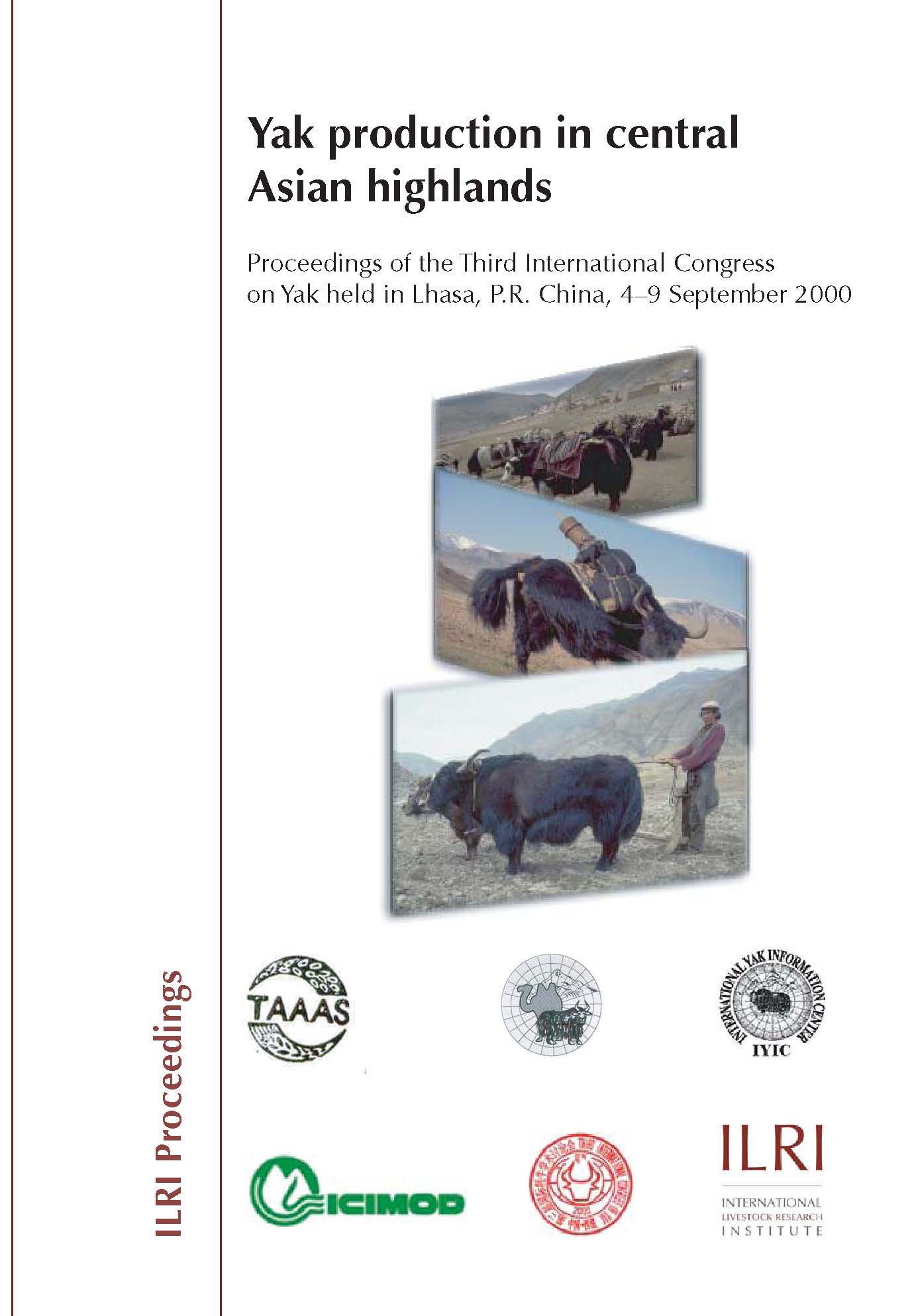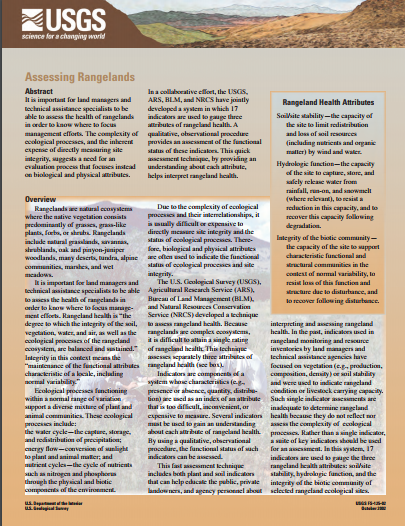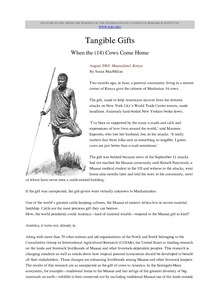The use of herders' accounts to map livestock activities across agropastoral landscapes in Semi-Arid Africa
Improved understandings of the agricultural and range ecologies of semi-arid Africa require better information on the spatiotemporal distribution of domestic livestock across agropastoral landscapes. An empirical GIS-based approach was developed for estimating distributions of herded livestock across three agropastoral territories (around 100 km2 each) over a two-year period.








